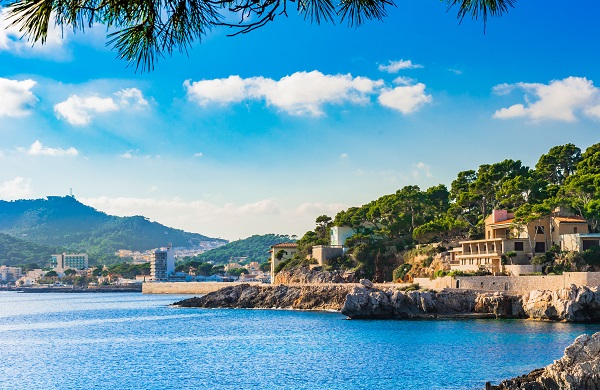While many tourist destinations are trying for a larger share of the summer market, Mallorca is charting a different course. The island’s regional council recently announced a significant reduction in the cap on tourist accommodation, slashing it by 18,000 beds.
This decision translates to a 4% decrease in Mallorca’s overall tourist accommodation capacity, signaling a deliberate move to curb the influx of visitors to the Balearic island. Reports in the media have underscored the magnitude of this reduction, equating the 18,000 beds to half of the accommodation capacity in Playa de Palma, the bustling beachside district of Palma, the island’s capital.
Llorenç Galmés, president of the Council of Mallorca, emphasized the necessity of setting limits in response to the escalating tourism growth. Speaking at a press conference, he voiced concerns that the surge in visitors was jeopardizing the harmonious coexistence between tourists and local residents.
This proactive stance by Balearic authorities reflects their commitment to preserving a manageable balance in the tourism industry without disrupting the daily lives of residents. Notably, this move follows previous initiatives, including the consideration of banning property sales to non-residents two years ago—an endeavor that faced challenges due to EU market regulations.
Furthermore, Palma’s mayor, Jaime Martinez, has issued warnings about instituting ordinances to address anti-social behavior by tourists, with potential fines of up to 3,000 euros. Martinez cited instances of vandalism, public drinking, and conflicts involving foreign visitors as catalysts for these measures. However, he acknowledged the procedural hurdles involved in implementing such bylaws in time for the upcoming tourism season.
As Mallorca navigates the delicate balance between sustaining its appeal as a tourist destination and preserving the quality of life for its residents, these decisive actions underscore the island’s commitment to responsible tourism management.





